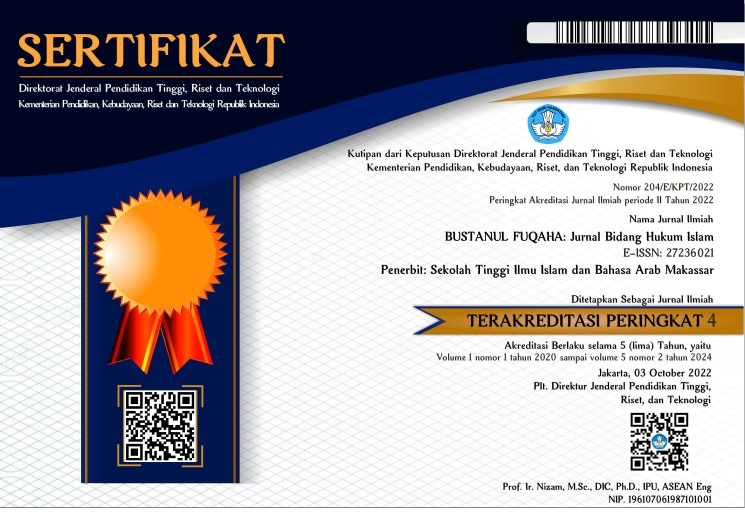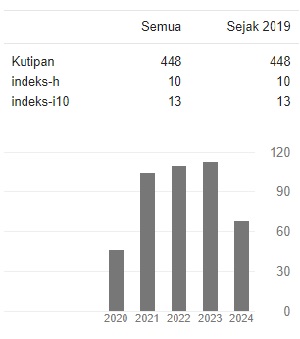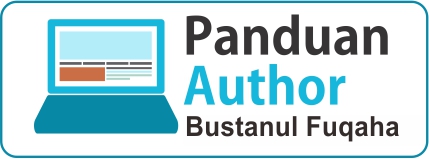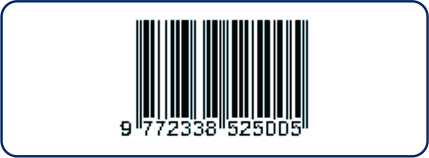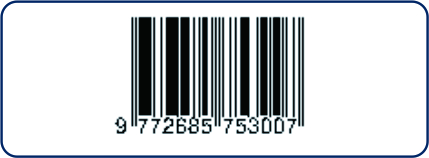Hukum Berpuasa dalam Kondisi Pandemi Covid-19
DOI:
https://doi.org/10.36701/bustanul.v1i2.145Keywords:
Fasting, Covid-19, Positive, Worker, and MedicalAbstract
This research was conducted with the aim to explain the law of fasting during the Covid-19 pandemic upon those who are Covid-19 positive, those who were Covid-19 positive yet asymptomatic, and health workers who treat Covid-19 patients. This research used a qualitative approach using content analysis and library research. The results showed that, first, people who are Covid-19 positive are considered sick so that they have excuse to break the fasting; Second, those who are Covid-19 positive but show no symptoms are considered sick people so that they may not fast; Third, those who are still healthy and have not been infected with Covid-19 and have met the conditions of fasting and have no excuse that prevent them from fasting then it is obligatory upon them to fast; Fourth, medical workers who treat Covid-19 patients are still required to fast. If in conducting their duties they are very thirsty, hungry, or exhausted who are feared to be vulnerable to falling ill and be infected with Covid-19, then they may break their fast.
Downloads
References
Al-Qur’an
Al-‘Uṡaimīn, Muhammad bin Ṣālih . (1413 H). Majmū’ Fatāwā Wa Rasāil Faḍīlah al-Syaikh Muhammad ibn Ṣālih al-‘Uṡaimīn, Juz 19. Dār Ṡurayyā: Dār al-Waṭan. h. 89.
Al-‘Uṡaimīn, Muhammad bin Ṣālih . (1413 H). Majmū’ Fatāwā Wa Rasāil Faḍīlah al-Syaikh Muhammad ibn Ṣālih al-‘Uṡaimīn, Juz 19. Dār Ṡurayyā: Dār al-Waṭan. h. 100.
Al-Jawziyyah, Muhammad ibn Qayyim. (1994). Zād al-Ma’ād Fī Hady Khair al-‘Ibād, Juz 2, Cet. 27. Al-Kuwait: Maktabah al-Manār al-Islāmiyyah. h. 50.
Al-lajnah al-Dāimah Lil Buḥūṡ al-‘Ilmiyyah wal-Iftā’. (t.th.). Fatāwā al-lajnah al-Dāimah vol 2, Juz 9. Riyad: Riāsatu Idāratil Buḥūṡ al-‘Ilmiyyah wal-Iftā’. 203-204.
Al-Lajnah al-Dāimah Lil Buḥūṡ al-‘Ilmiyyah wal-Iftā’. (t.th.). Fatāwā al-lajnah al-Dāimah vol 1, Juz 10. Riyad: Riāsatu Idāratil Buḥūṡ al-‘Ilmiyyah wal-Iftā’.h. 236.
Al-Munāwi, Zain al-Dīn Muhammad ‘Abd al-Raūf. (1356 H). Faiḍ al-Qadīr Syarḥ al-Jamī’ al-Ṣagīr, Juz 2, Cet. 1. Mesir: al-Maktabah al-Tijāriyyah al-Kubrā. h. 555.
Al-Naisābūri, Muslim ibn al-Ḥajjāj. (t.th.). Al-Musnad al-Ṣaḥīḥ al-Mukhtaṣar, Juz 2. Beirut: Dār Iḥyā’ al-Turāṡ al-‘Arabi. h. 789.
Ibn Bāz, Abdul ‘Azīz . (2010). Fatāwā Nūr ‘alā al-Darb, Juz 16, Cet. 1. Riyad: al-Riāsah al-‘Āmmah lil Buḥuṡ al-‘Ilmiyyah wal-Iftā’. h. 164.
Ibn Kaṡīr, Ismā’īl ibn ‘Umar. (1988). Al-Bidāyah wal-Nihāyah, Juz 14, Cet. 1. Beirut: Dār Iḥyā’ al-Turāṡ al-‘Arabi. h. 30.
Iskandar, A., Aqbar, K. (2019). Kedudukan Ilmu Ekonomi Islam di Antara Ilmu Ekonomi dan Fikih Muamalah: Analisis Problematika Epistemologis. Nukhbatul ‘Ulum: Jurnal Bidang Kajian Islam, Vol. 5, No. 2 (2019), h. 88-105.
Kementrian Wakaf dan Bidang Keislaman Kuwait. (1427 H). Al-Mausū’ah al-Fiqhiyyah al-Kuwaitiyyah, Juz 28, Cet. 2. Kuwait: Wazārah al-Awqāf al-Kuwait. h. 57.




